In a survey released by the Kiev International Institute of Sociology on October 15, 80% of Ukrainians said they supported the law banning the Russian Orthodox Church on Ukrainian territory. Sixteen percent of Ukrainians said they were against the ban, while 4% were unsure.
The poll found widespread support for the law across Ukraine's regions. Even in the country's more Russian-speaking east, more than 70% of respondents supported the ban.
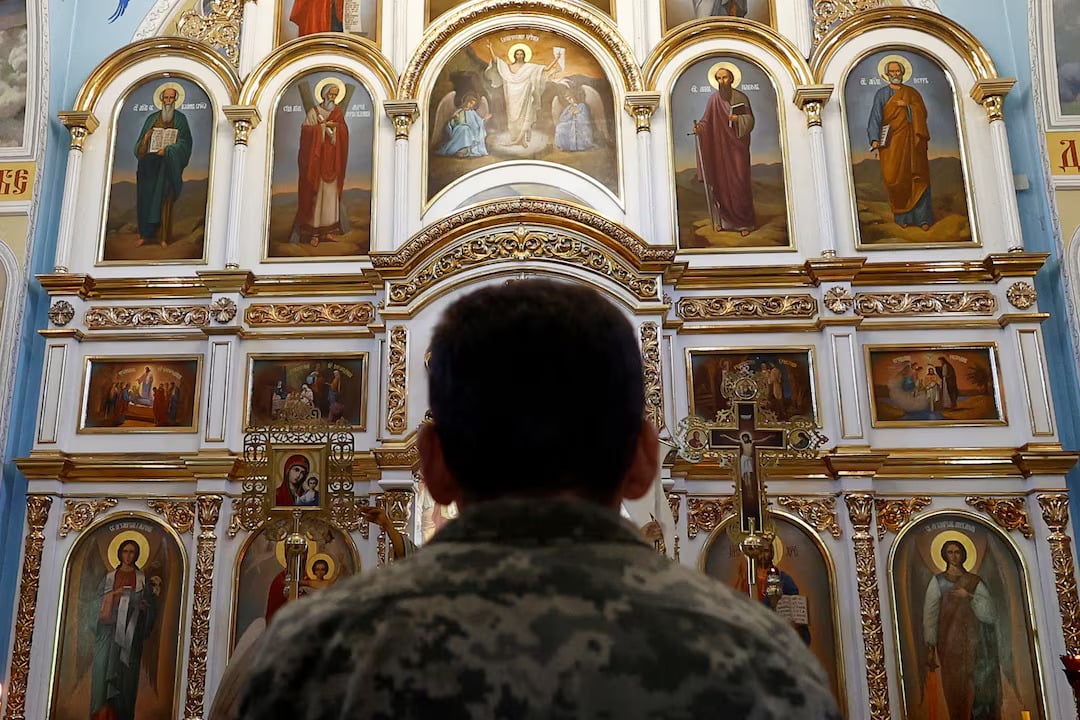
Ukrainian servicemen attend Orthodox Easter services in the town of Kostiantynivka, near the front line in the Donetsk region, Ukraine. Photo: Reuters
For years, the Ukrainian Orthodox Church (UOC) has faced accusations that it is a tool of Russian influence in Ukraine, and that some of its clergy collaborate with Russian intelligence.
The church denies these allegations and maintains that it formally severed all ties with the Russian Orthodox Church, formerly its mother church, in May 2022, three months after the Russia-Ukraine conflict broke out.
In August, Ukraine passed a law banning the Russian Orthodox Church on Ukrainian territory and said a government commission would draw up a list of organizations "associated" with unauthorized activities.
Lawmakers said the process of banning the UOC would be lengthy and complicated, as each UOC parish is a separate entity and has up to nine months to decide whether to leave the church.
Most Ukrainians follow the Ukrainian Orthodox Church, a separate church founded in 2019 to be independent of Moscow and recognized by the Ecumenical Patriarch of Constantinople, who is acknowledged as the spiritual leader of Orthodoxy.
Throughout the conflict, Kiev has warned of national security risks it says are posed by the Ukrainian Orthodox Church. Dozens of UOC clergy have been arrested and tried on charges including treason and collaboration with Russia.
Ngoc Anh (according to Reuters)
Source: https://www.congluan.vn/hau-het-nguoi-dan-ukraine-ung-ho-lenh-cam-nha-tho-co-lien-he-voi-nga-post317079.html


![[Photo] Special relics at the Vietnam Military History Museum associated with the heroic April 30th](https://vstatic.vietnam.vn/vietnam/resource/IMAGE/2025/4/3/a49d65b17b804e398de42bc2caba8368)

![[Photo] General Secretary To Lam receives Japanese Ambassador to Vietnam Ito Naoki](https://vstatic.vietnam.vn/vietnam/resource/IMAGE/2025/4/3/3a5d233bc09d4928ac9bfed97674be98)
![[Photo] Moment of love: Myanmar people are moved to thank Vietnamese soldiers](https://vstatic.vietnam.vn/vietnam/resource/IMAGE/2025/4/3/9b2e07196eb14aa5aacb1bc9e067ae6f)


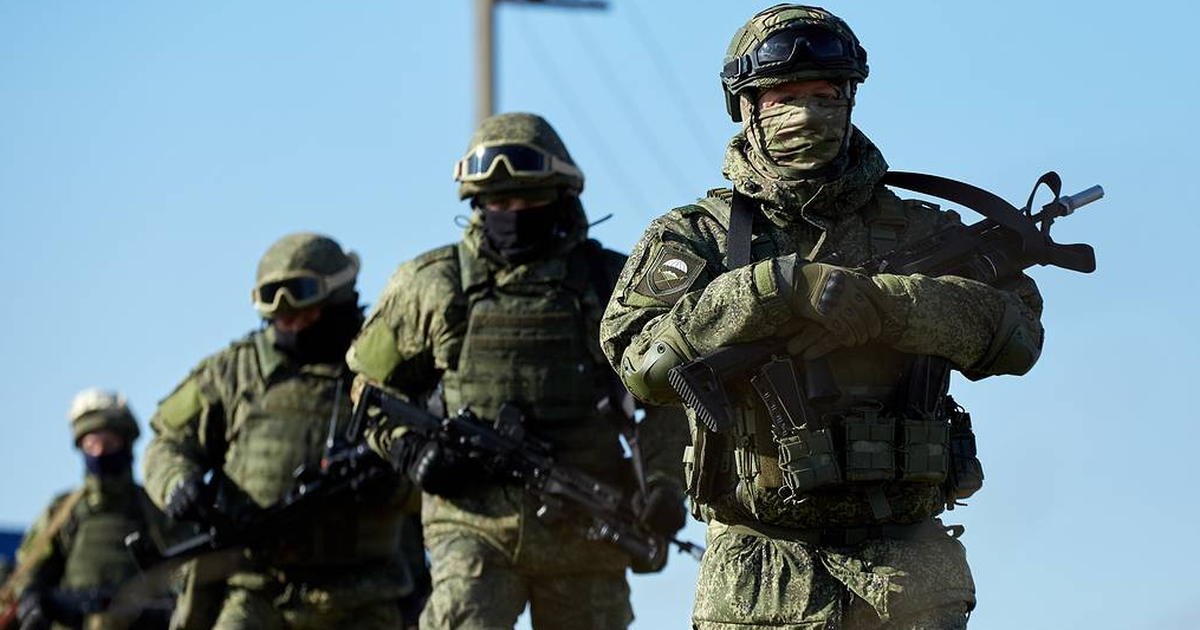

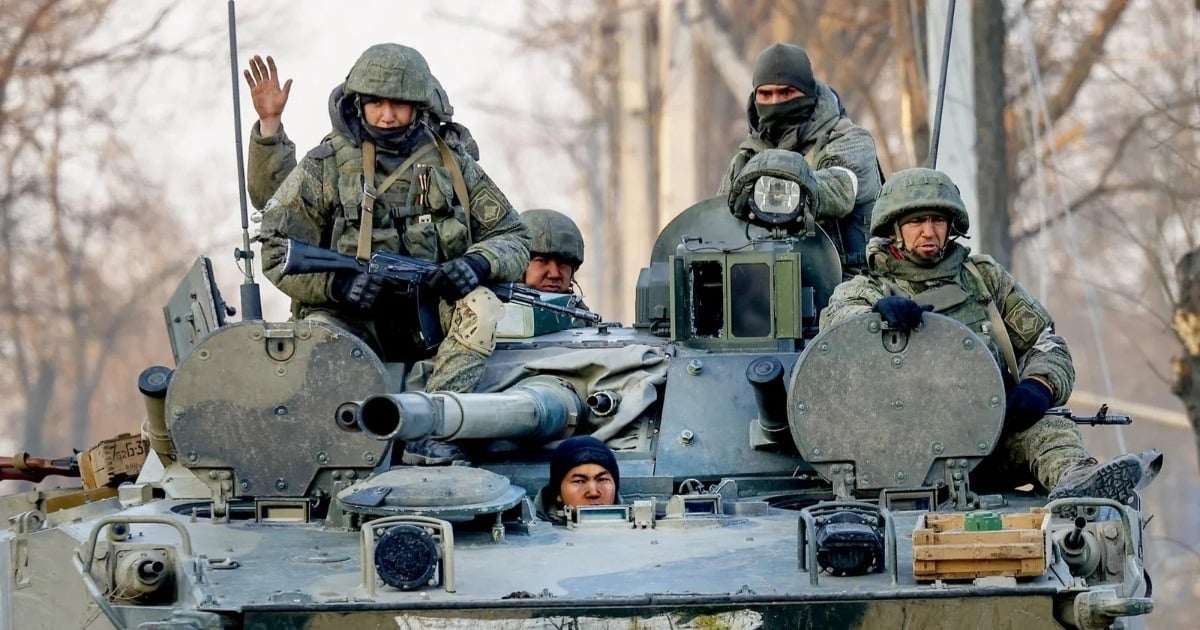



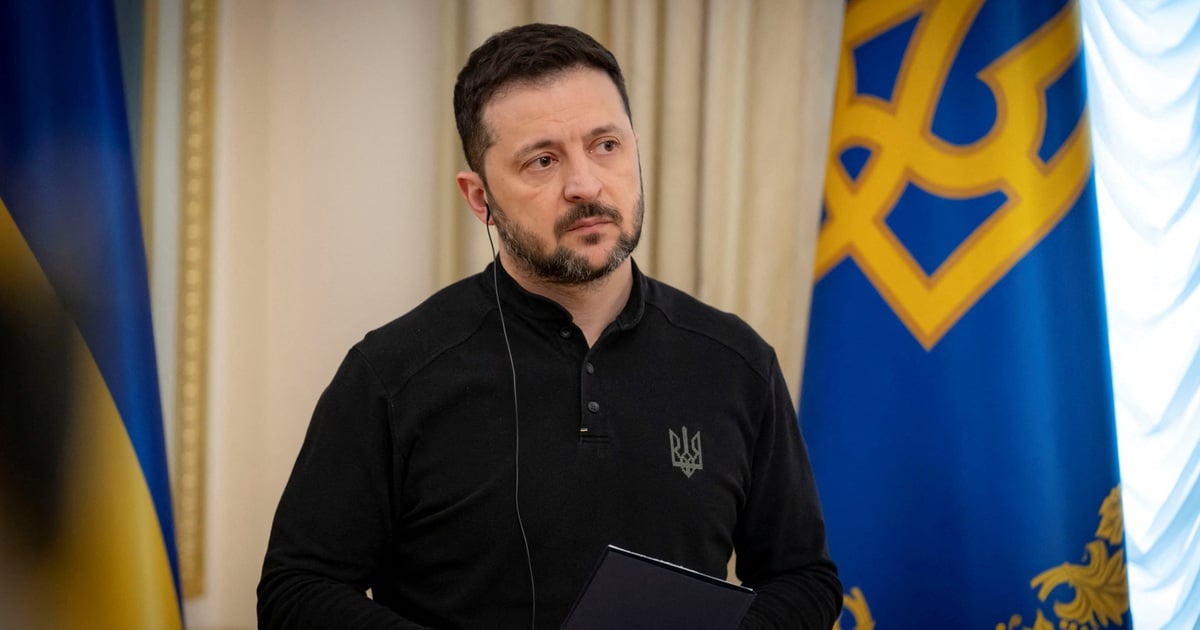
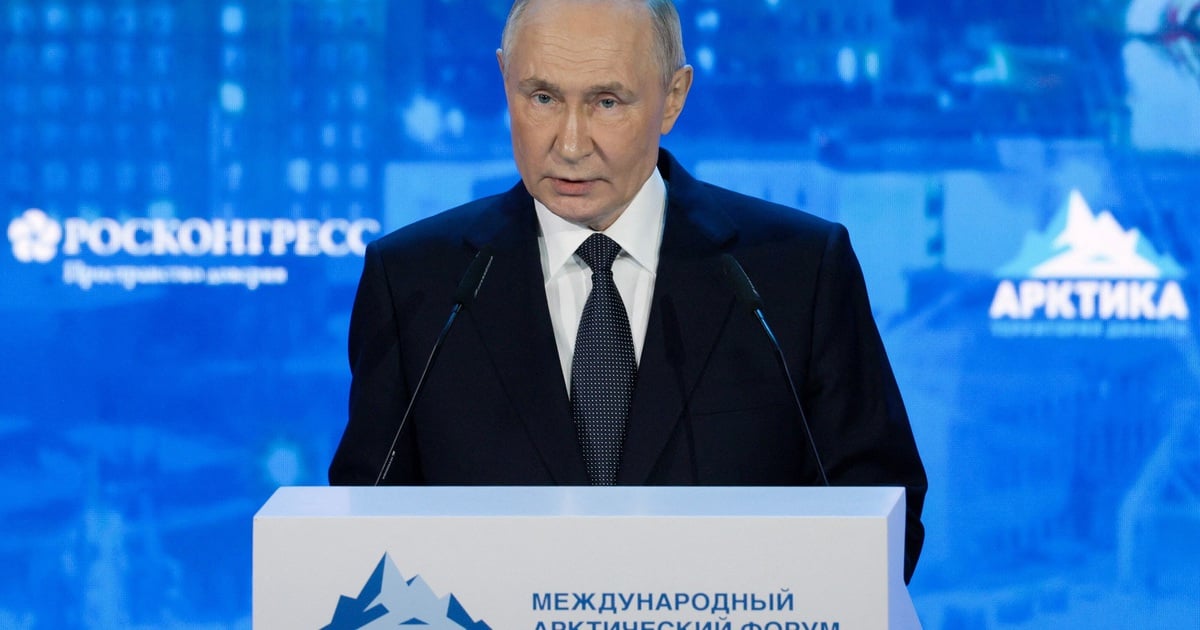


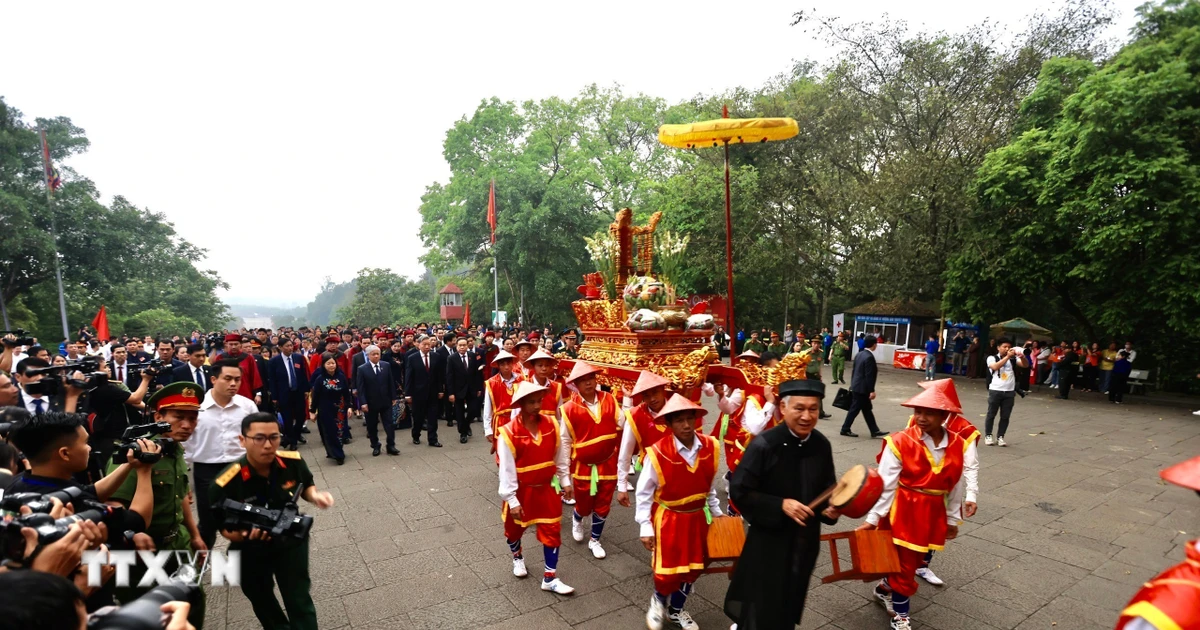
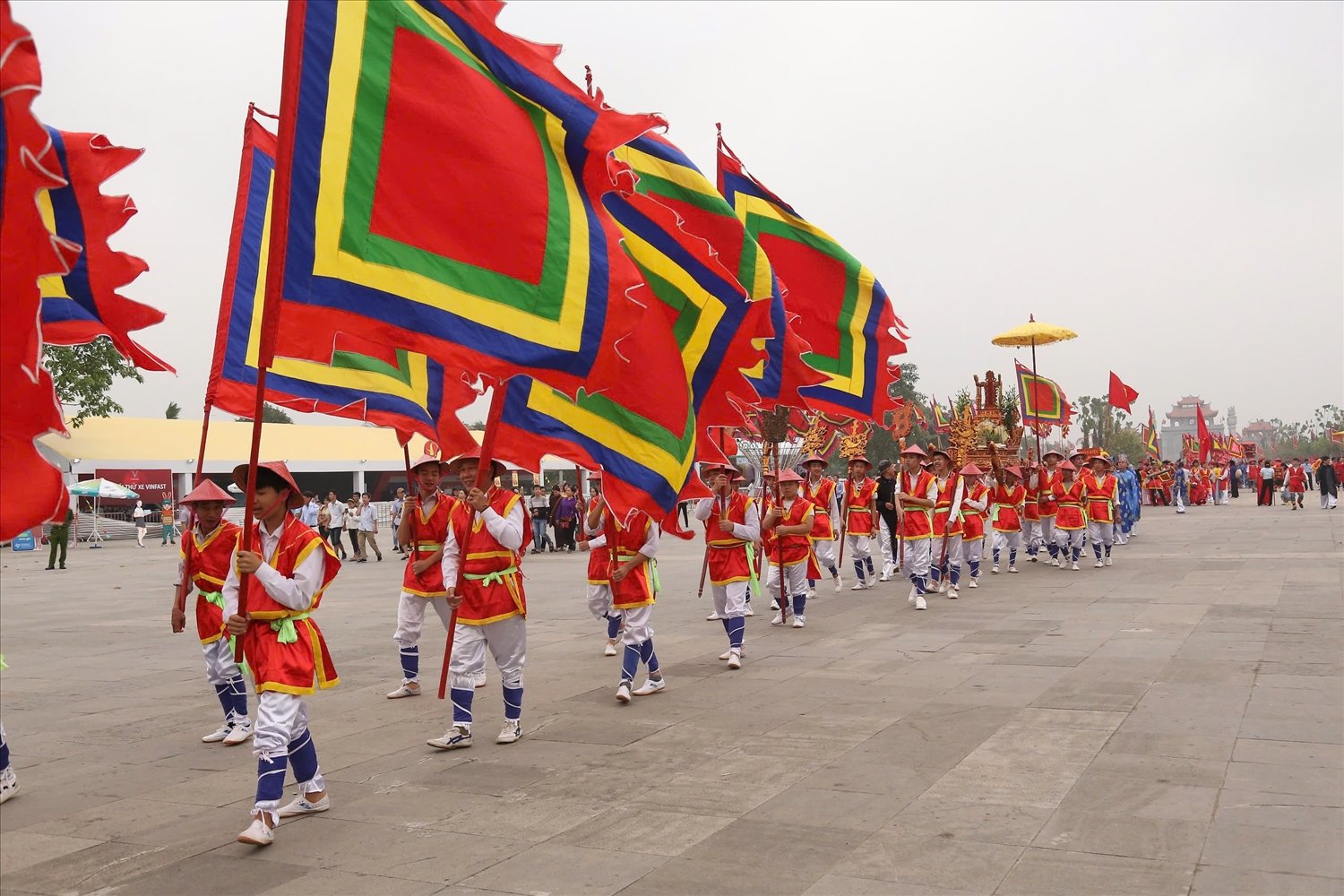
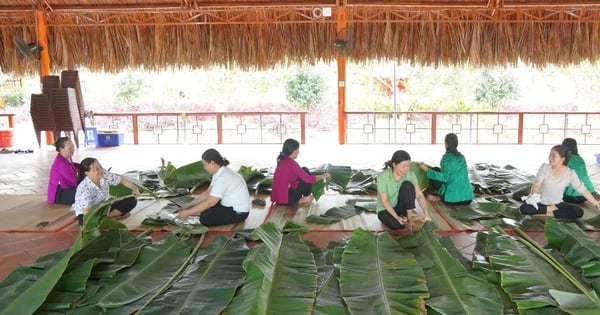







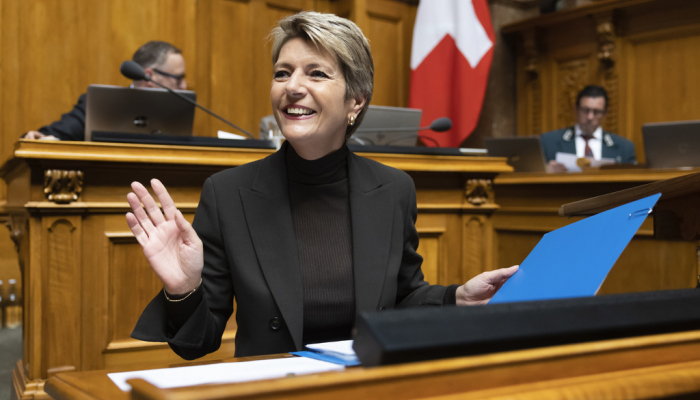
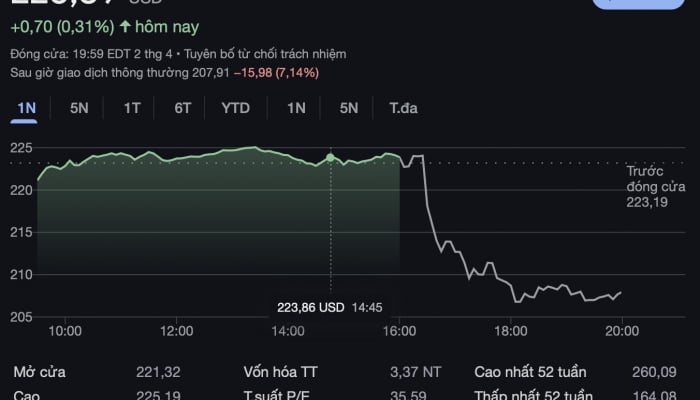































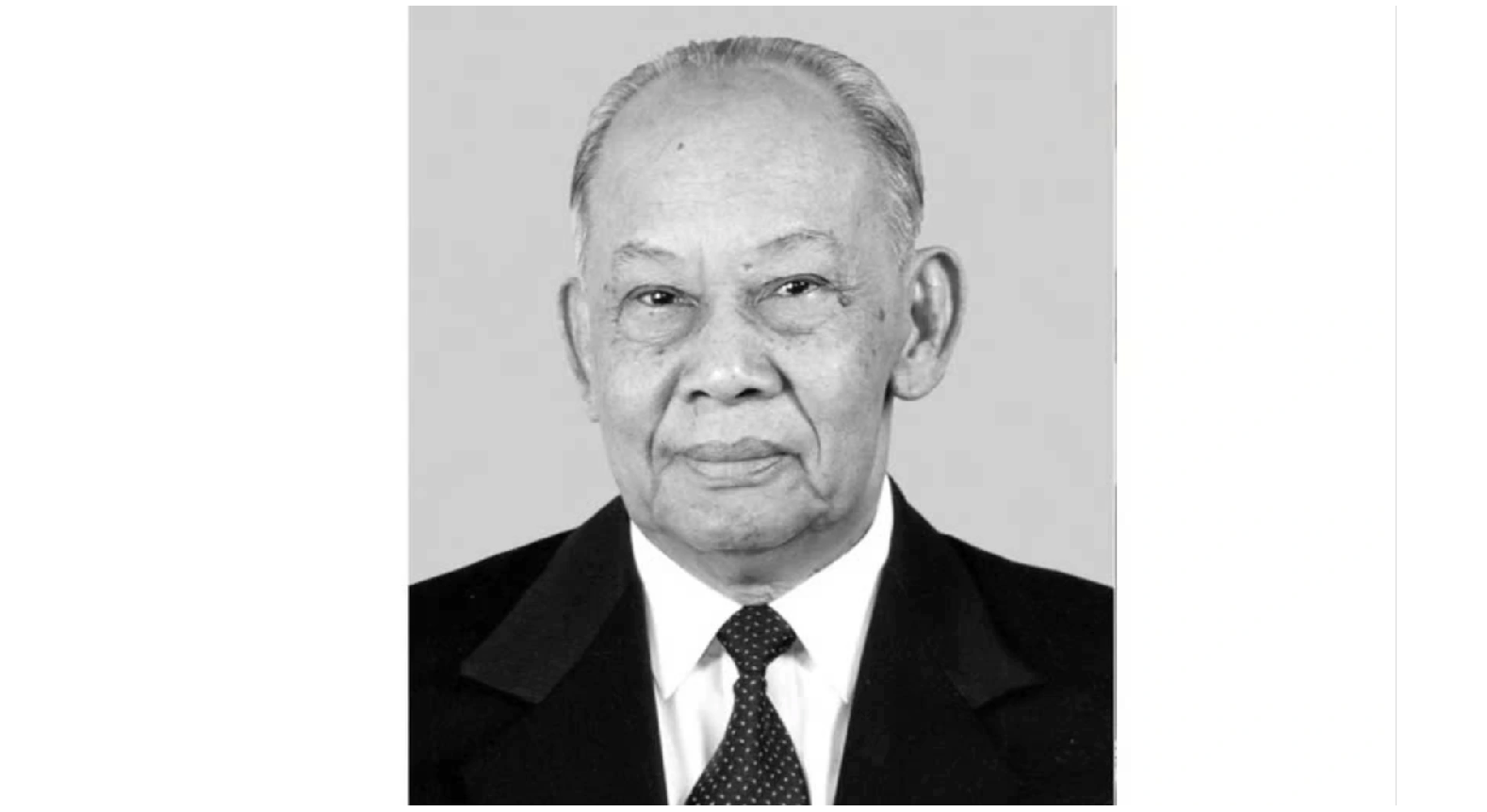










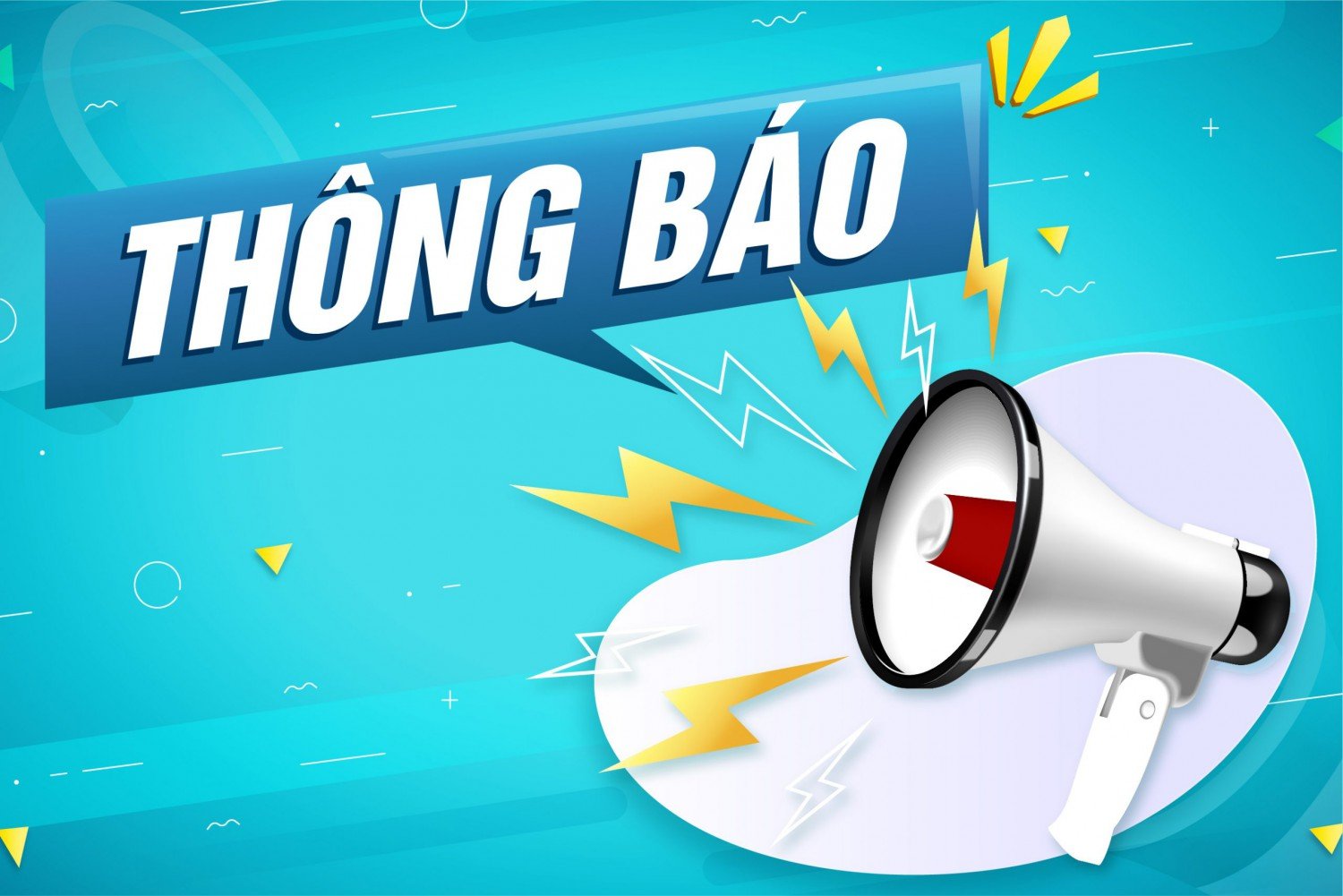
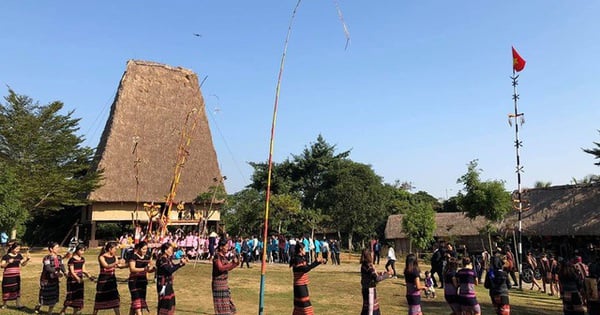

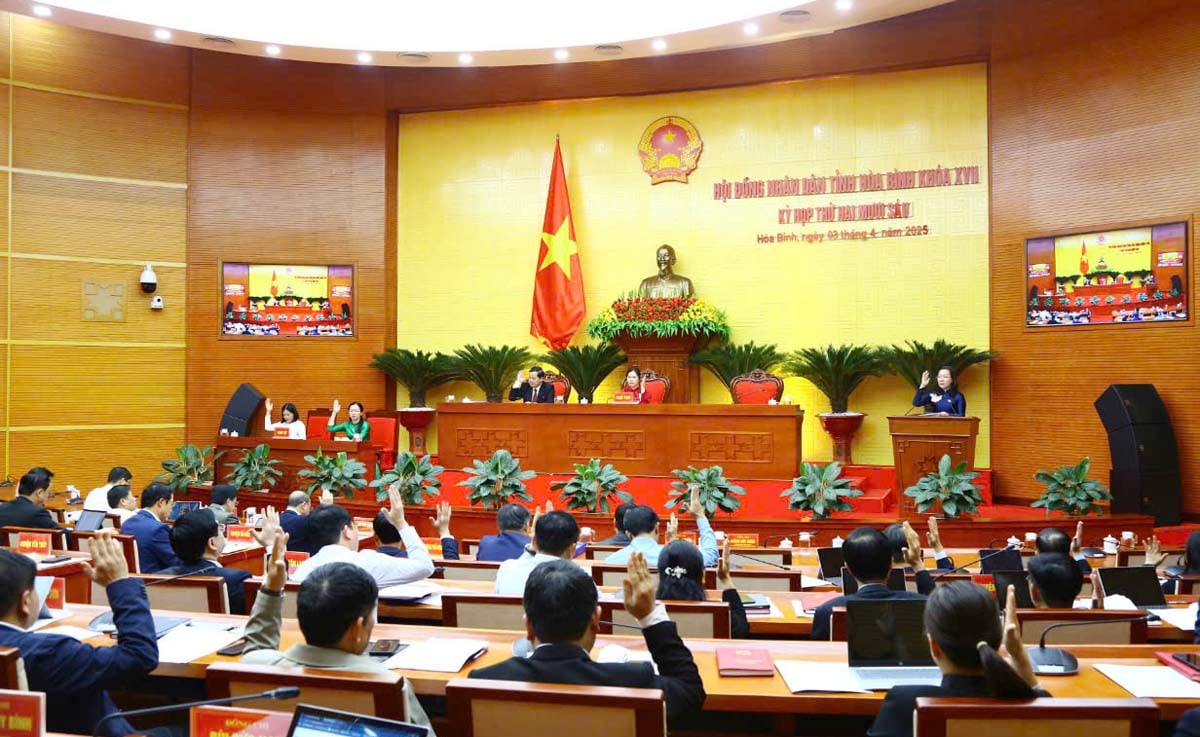

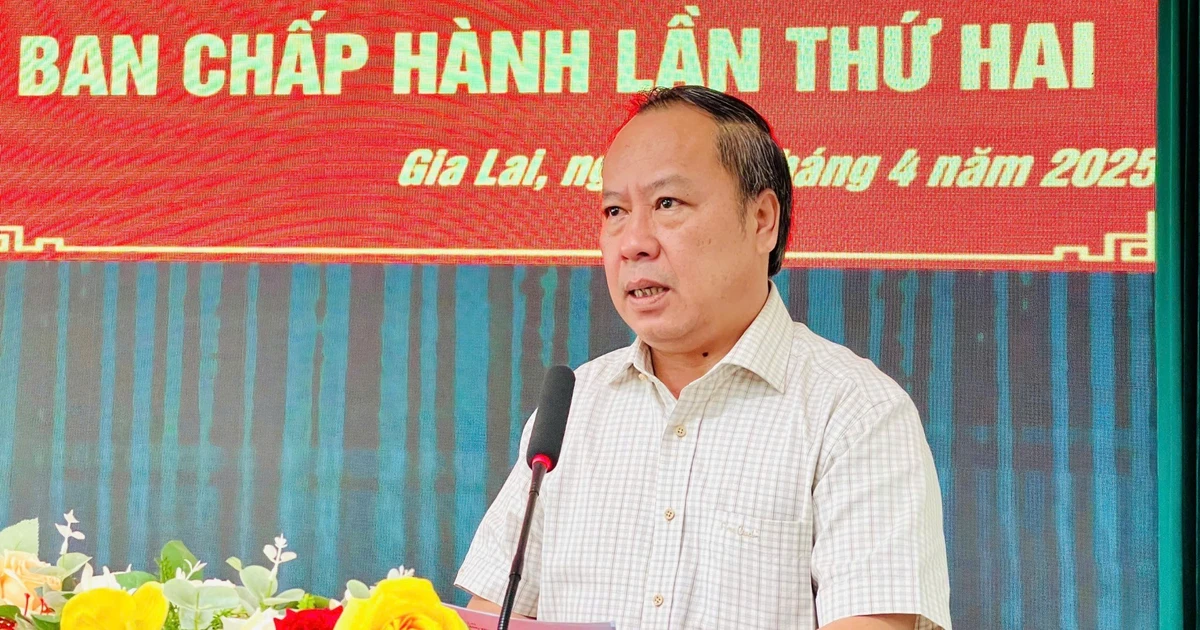















Comment (0)